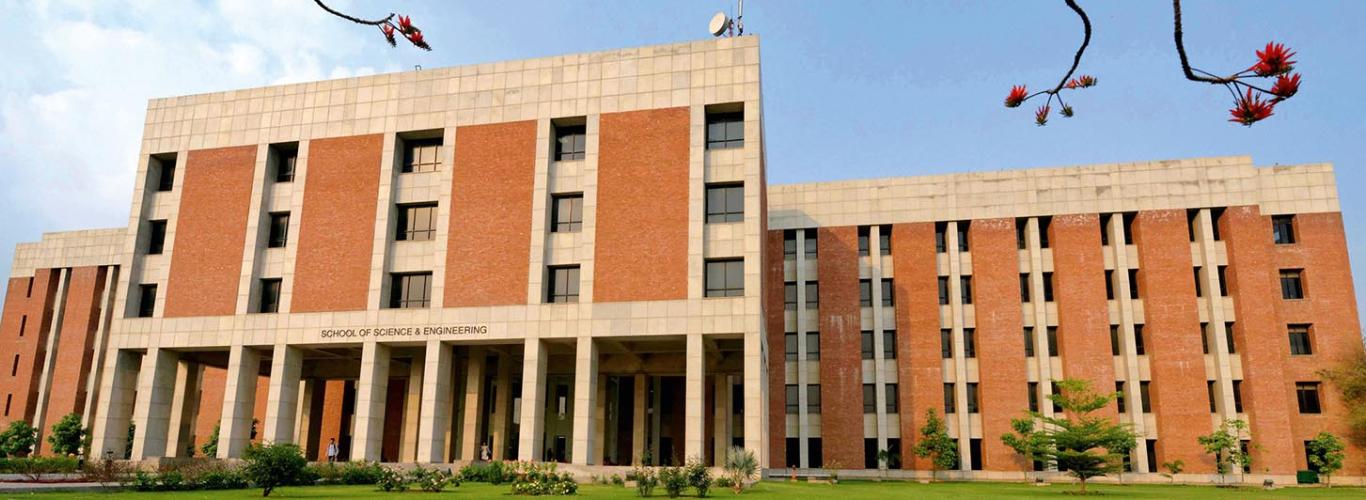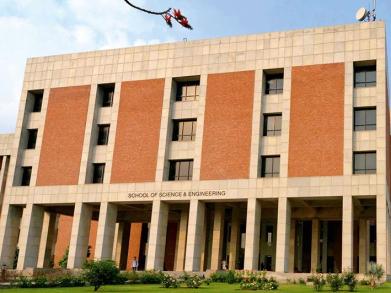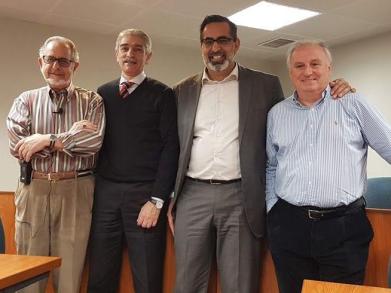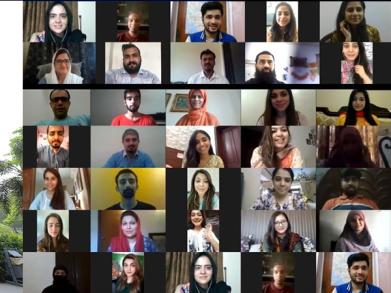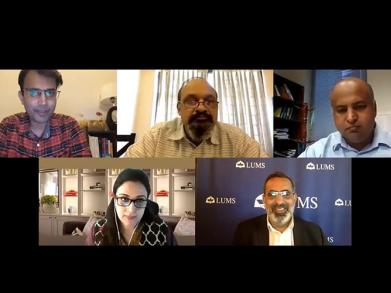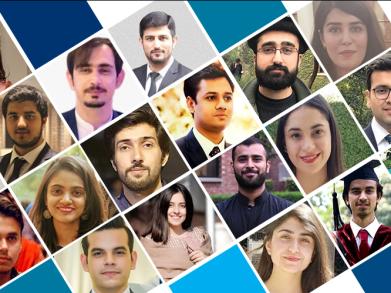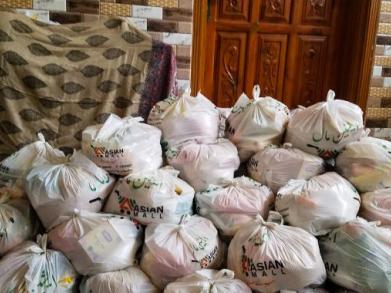LUMS Faculty Discuss Pakistan's Environmental Concerns with PTV World
To discuss the impact of climate change on the region and the work being done at LUMS to address this challenge, PTV World invited Dr. Naveed Arshad, Director, LUMS Energy Institute, and Dr. Sabieh Anwar, Dean, Syed Babar Ali School of Science and Engineering, to their morning show to mark World Environment Day.
World Environment Day is an initiative of the United Nations to promote awareness and action for the protection of the environment. Dr. Arshad expressed that the sooner Pakistan develops solutions to the issues that have arisen from climate change, the better. Special attention, he said, needs to be given to the country’s air quality. “We have issues of air quality, water quality, soil quality, especially in Lahore. People think this is due to the smog season, but the smog is just a culmination of this. We have bad air quality throughout the year. But it is something that can be controlled and it is something we need to do on a war footing.” He shared that the majority of emissions in the country come from motor vehicles followed by industries.
Dr. Arshad heads the LUMS Energy Institute, and was responsible for designing Pakistan’s Electric Vehicle Policy that was adopted by the federal government. Based on the policy, the government will save around USD 2 billion annually in the power sector for the next 10 years and help the county reduce carbon emissions.
Dr. Anwar elaborated on another significant problem facing the country — a large part of Pakistan’s population doesn’t have access to safe and clean drinking water. “The first thing that we have to understand is that the region’s water problems cannot be looked at in isolation. Starting from the glaciers, right into the Arabian sea, this is a whole interconnected system that needs to be understood by scientists and engineers. We need modelling on this regional and global scale to understand where our problems lie and how we can mitigate them.”
He added that since Pakistan is an agrarian economy, our solutions lie in smart agriculture and protecting farmers from the vested interests of large corporations. “How do we safeguard our farmers? The answer lies in smart agriculture; in coming up with technologies and tools that save fertiliser and our water. Sensors and digital technologies can be used to unravel the agricultural fields about what kind of phenotypes exist, and what kind of crop cultivation exists. So, I think it’s a holistic effort that is needed, and technology has the answer to it.”
Both Dr. Arshad and Dr. Anwar emphasised the importance of collaborations as well as indigenous solutions in order to tackle the issues Pakistan continues to face due to the global phenomenon of climate change.
To watch the complete interview, please click here.

